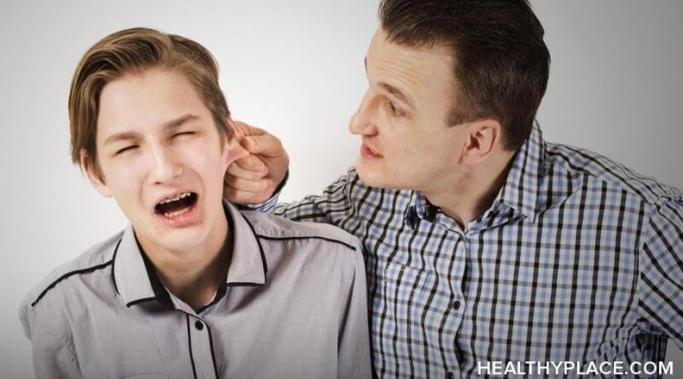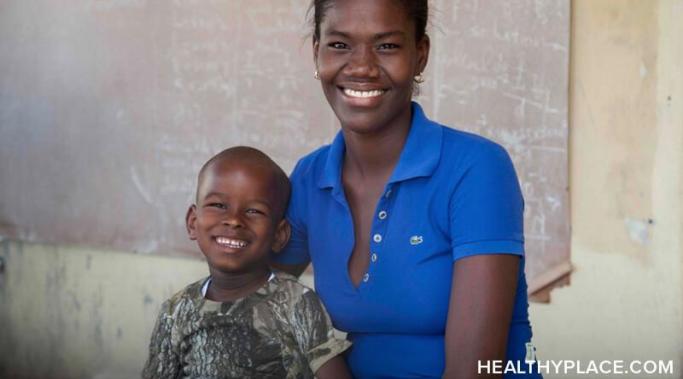Blogs
Are you the verbal abuser perpetuating the cycle of abuse? The cycle of verbal abuse is a complex one that many individuals are unaware of until they are in the middle of it. Often, verbal abusers are acting out learned behaviors that they experienced in their lives.
I've written for the "Mental Health for the Digital Generation" blog for a little over a year now. My experience as a writer here has been both difficult and rewarding. In writing about mental health, I've had to confront the realities of my own mental illness, a very vulnerable process. I've also gotten to connect with all of you online, which has been a treat.
I will be the first person to confess that physical rest does not come easily to me. In fact, one of the most persuasive lies from my eating disorder, which I'm still working to dismantle, is that I am not allowed to rest. For years, I assumed that a body in constant, relentless motion would equal strength, power, and control, whereas a body at rest would signal weakness. However, as recently as this past weekend, I had no choice but to pause and remember that rest is an essential part of eating disorder recovery—and health overall.
Two things are going to become clear in this blog post: my taste in music and that there are songs that remind us that it's okay not to be okay. Realistically, "It's okay not to be okay" is probably a statement you've heard repeatedly in the world of mental health awareness and advocacy. As potentially overused as it is, this sentiment is an important one when combatting mental health stigma.
Something I started doing when my brother was first diagnosed with mental illness was personifying his mental illness symptoms. This might sound a little kooky but stay with me here.
The title of this blog is "Coping with Depression." In the past, I've used it to talk about ways to feel productive, beat procrastination, and improve relationships during a depressive episode. But the reality is that some days, "coping" just means surviving through the worst days. So, in honor of World Suicide Prevention Month, I would like to offer some simple tips on how to get through when "getting through" seems impossible.
It can be challenging to stay grounded in the present moment when you live with borderline personality disorder (BPD). Unstable emotional states and anxious thoughts can often pull you into a past or future mindset. However, bringing yourself back into the present can have a wealth of benefits for your mental health.
I was diagnosed as schizophrenic in 1999 after a psychotic episode at college. My first diagnosis of a serious mental illness markedly changed my sense of fashion, and the changes stuck even with a later reassessment that I was schizoaffective. I have a few ideas as to why.
The stories we tell ourselves can often become self-fulfilling prophecies. Using creative writing for self-harm recovery is one way to rewrite the narrative of your life in a way that can affect real, positive change.
Keeping a child mentally healthy can be challenging, especially if your child has a mental illness as mine does. In fact, I think it can be harder than keeping a child physically healthy since keeping the body in shape basically involves a checklist: good diet, check; lots of exercise, check; plenty of water, check; annual checkup, check. A child's mental health, though, can be a bit more complicated.









